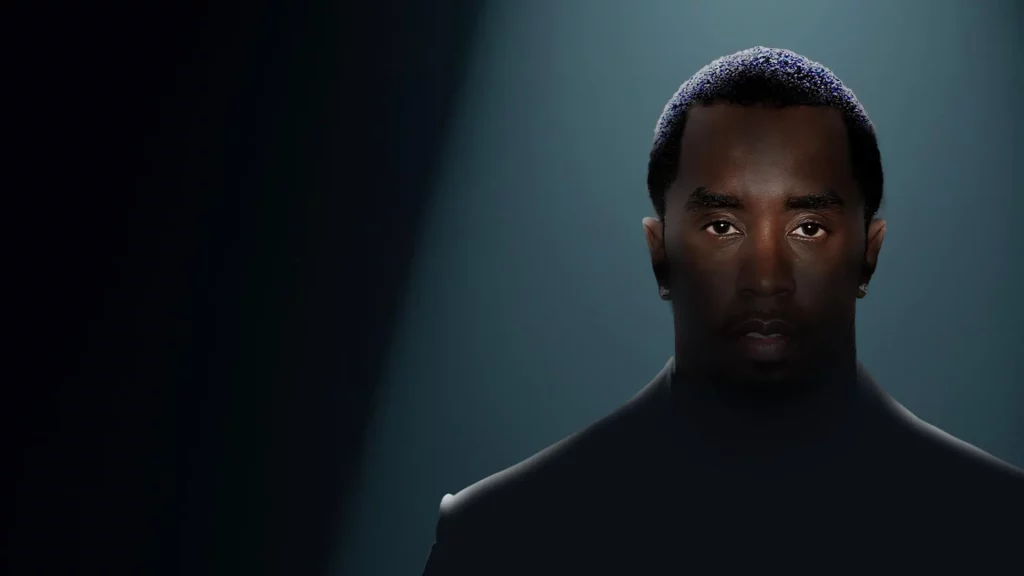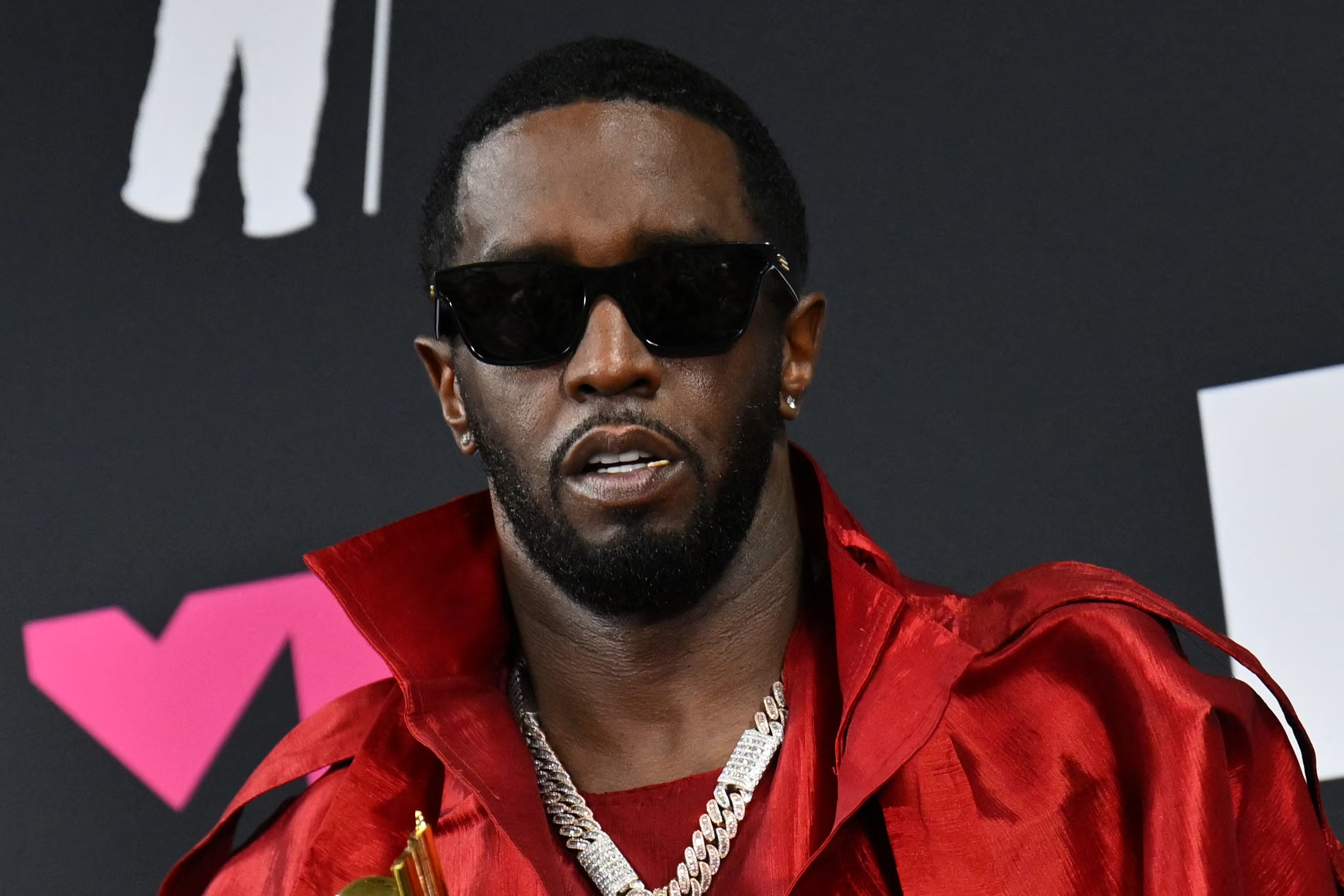If you’ve scrolled through the comment section of ad posts on social media lately, chances are you’ve come across the phrase “Nice try, Diddy.” It’s everywhere—from Instagram ads to TikTok sponsored posts—and has become a viral comment spamming ad posts across platforms. But what started as a quirky joke has now taken on a darker tone, especially given Diddy’s recent controversies and allegations. So, where did this trend come from, and why is it now raising eyebrows?
The Viral “Nice Try, Diddy” Trend
The comment “Nice try, Diddy” didn’t emerge out of thin air. It reportedly began as a humorous nod to Sean “Diddy” Combs, the legendary hip-hop mogul known for his entrepreneurial prowess and knack for branching into a wide range of industries. From fashion to alcohol to music, Diddy’s influence has been felt far and wide, earning him a reputation as a savvy businessman with hands in multiple pots.
The joke behind “Nice try, Diddy” revolves around the idea that Diddy is secretly behind every business venture and product launch, regardless of how unlikely or unrelated it may seem. It’s a playful way of attributing all ads or commercial products to him, whether he’s involved or not. For example, an ad for a new skincare line might be met with a chorus of “Nice try, Diddy,” as if users are teasingly accusing him of masterminding the brand.
This playful jab, which became a viral trend, originally reflected the cultural admiration for Diddy’s business acumen. It poked fun at his expansive empire while also celebrating his success, as people began to see him as a figure with a hand in everything.
The Dark Side of the Meme
But in recent months, the “Nice try, Diddy” comment has taken on a more sinister connotation. Sean Combs has been embroiled in a series of serious controversies and allegations that have tarnished his public image. From lawsuits alleging misconduct to troubling stories from people within his inner circle, Diddy’s once-glowing reputation has dimmed. While many details remain speculative, the allegations have been enough to spark widespread conversation online.
As a result, the use of “Nice try, Diddy” has shifted from light-hearted banter to a more cynical, and at times, darker tone. Instead of poking fun at his entrepreneurial reach, the comment has been repurposed by some users as a sarcastic jab at Diddy’s alleged behavior. It’s no longer just a playful nod to his business ventures but also an implicit critique of his character. In essence, “Nice try, Diddy” has become a double-edged sword—an in-joke that carries the weight of public controversy.
Rumored Origins of “Nice Try, Diddy”
The meme’s original appeal was rooted in its accessibility and humor. Internet culture thrives on inside jokes, and “Nice try, Diddy” was no different. It began as a running gag among fans who speculated that Diddy was behind every new brand or business venture. Whether it was a new fitness supplement or an obscure tech gadget, the joke was that Diddy was secretly pulling the strings.
The comment became especially popular because it worked in almost any context. Regardless of the product being advertised, users could drop “Nice try, Diddy” in the comments, and it would make sense. It was harmless, light, and easy to replicate, which is why it spread so quickly across platforms.

Why Did It Go Viral?
Part of the reason for the meme’s viral nature is that it taps into the larger trend of anti-ad sentiment on social media. As users become more and more frustrated with the constant bombardment of ads in their feeds, the “Nice try, Diddy” comment provides a way to disrupt the seriousness of these promotional posts. It’s a playful way for users to reclaim the comment section, using humor to push back against the commercialization of their social media spaces.
Additionally, the meme speaks to the broader culture of skepticism that dominates online interactions. In an age where people are increasingly wary of corporate motives and celebrity endorsements, “Nice try, Diddy” acts as a stand-in for that skepticism. It’s as if users are saying, “We know this ad is trying to sell us something, but we’re not falling for it.” And with Diddy’s name attached, it adds a layer of irony, given his long history of successful brand endorsements.
The Meme’s Dark Turn
However, as Diddy’s controversies became more public, the comment started to carry more weight. In light of recent allegations of misconduct, some social media users began to use “Nice try, Diddy” as a way to express discontent or sarcasm. What was once a harmless joke has morphed into a way to criticize or distance oneself from the celebrity’s tarnished image.
The shift in tone mirrors how internet culture can quickly repurpose a meme based on real-world events. As new information about Diddy’s personal and professional life came to light, the context in which people used the comment changed. It’s not uncommon for internet trends to evolve, but in this case, it highlights how a simple phrase can reflect both admiration and critique.
The Implications for Diddy and Social Media Trends
The rise of the “Nice try, Diddy” comment serves as a reminder of how internet humor can be both light-hearted and subversive. It underscores how quickly a viral trend can shift from playful to critical, especially when tied to real-life controversies. For Diddy, the meme’s popularity is both a reflection of his cultural reach and a reminder that no public figure is immune to the internet’s evolving sentiments.
For brands and advertisers, this trend highlights the risks and rewards of engaging with viral internet culture. While memes like “Nice try, Diddy” can generate attention and participation, they also serve as a barometer for public opinion. Advertisers must tread carefully when humor intersects with controversy, as the line between playful engagement and backlash can be thin.
Conclusion
“Nice try, Diddy” started as a harmless, humorous way to poke fun at the mogul’s widespread influence but has since evolved into something much more complex. As Diddy’s controversies come to light, the meme has taken on darker undertones, reflecting the internet’s ability to both celebrate and criticize in equal measure. Whether the trend will persist or fade remains to be seen, but for now, it serves as a fascinating case study in how quickly online jokes can shift based on real-world events.
And for advertisers? They should take note: humor can be a powerful tool, but it can also be a mirror reflecting much deeper societal currents.




